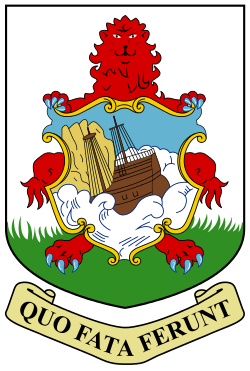| | ||||||||||||||||
16 May 1963 | ||||||||||||||||
All 36 seats in the House of Assembly 19 seats needed for a majority | ||||||||||||||||
This lists parties that won seats. See the complete results below. | ||||||||||||||||
 |
|---|
| Law |
| Administrative divisions |
General elections were held in Bermuda on 16 May 1963. [1] They were the first elections to be held under the new Parliamentary Election Act and included political parties. Independents won 30 of the 36 seats in the House of Assembly, with the Progressive Labour Party, which had been established three months before the elections, winning six of the nine seats it contested. [1]
